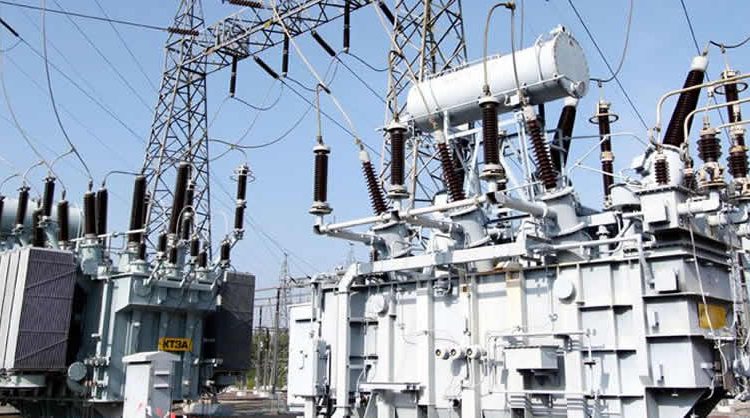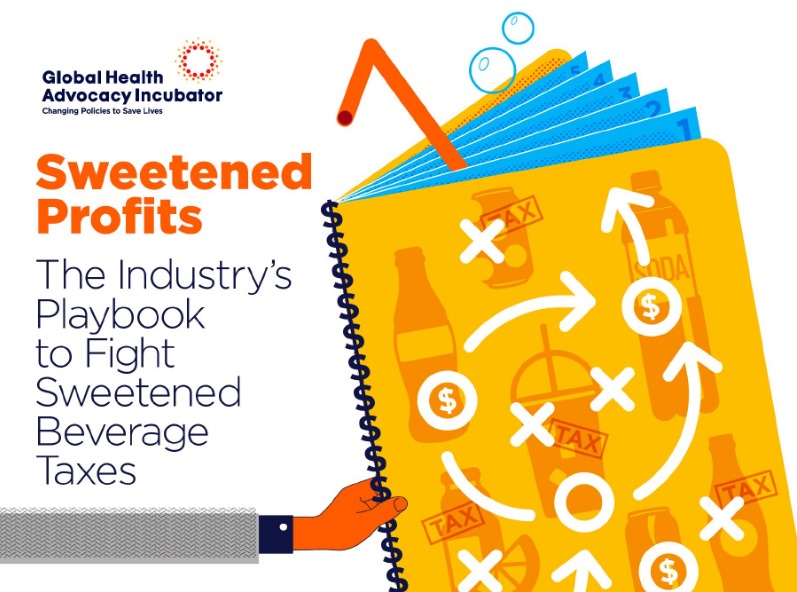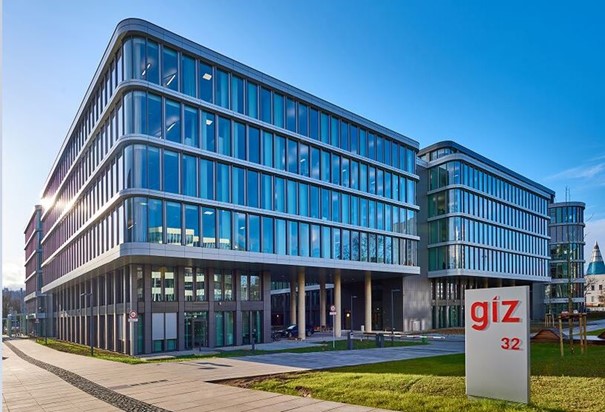Power Generation Companies (GenCos) in Nigeria GenCos in Nigeria have warned that the unpaid N4 trillion debts owed them may lead to an imminent shutdown if nothing is done urgently.
The group called on the Federal Government and key stakeholders to address the issue of inadequate payment for electricity generated and consumed on the national grid.
The GenCos Board of Trustees Chairman, Colonel Sani Bello, said that besides being owed huge debts, the GenCos are also operating under harsh monetary and fiscal conditions.
The DisCos Demand
The DisCos demanded the following to enable them to continue generating power for transmission and distribution to Nigerians:
-Immediate implementation of payment plans to settle all outstanding GenCos invoices.
– Reprioritization of payments under the waterfall arrangement to give full priority to a hundred percent payment of GenCos’ invoices as when due.
-Clear financing plan to backstop the exposures in the NERC’s Supplementary Order to the MYTO and the DRO 2024.
– Provision of payment security (guarantees) backed by World Bank/AFDB to guarantee full payment to GenCos, to enable them to meet their critical needs, improve generation in Nigeria and implement respectful growth and expansion plans.
-Ensure greater transparency in the billing, collection, and remittance process of sector funds.
-Investors focused and economy growth-friendly policies and regulations to incentivise investor firm monitoring and implementation.
-Liberalisation of the market (bilateral arrangement) to create market confidence and ensure the viability and creditworthiness of the power sector, to ensure full effectiveness of all market agreements, firm monitoring and enforcement of the rules by the regulator on all market participants.
Fundamental Challenges of GenCos

The GenCos trustee Chair highlighted the flow of money within the power sector as one of the fundamental challenges preventing Nigerians from enjoying a sustainable improvement in electricity supply.
He also highlighting declining payment rates stated that “the 2024 collection rate has dropped below 30%, and 2025 is not any better, severely affecting GenCos’ ability to meet financial obligations.
Tax and Regulatory Debts Challenges
He explained that high corporate income tax, concession fees, royalty charges, and the new Financial Reporting Council compliance obligations are further straining GenCos’ revenue in the country.” He stated.
According to him, “GenCos are currently owed about ₦4 trillion, ₦2 trillion for 2024, and ₦1.9 trillion in legacy debts, and no possible solutions, including cash payments, financial instruments, and debt swaps are in sight.”
On Budget Allocation Concerns, he said the 2025 government budget allocates only ₦900 billion, raising concerns over its adequacy to cover arrears and future payments.
Other Debts Challenges For GenCos
Challenges highlighted include Consumption of electricity without full payment in spite of the commencement of the Partial Activation of Contracts in the NESI, which took effect from July 1, 2022.
He said there was also the minimum remittance order, bilateral market declaration, waterfall arrangement, the risks of inflation, forex volatility with no dedicated window to cushion the effect of the forex impact, the supplementary MYTO order which leaves about 90% of GenCos monthly invoices unmet without a bankable securitisation, or financing plan.
These he said have dire consequences for the GenCos and by extension the entire power value chain which is currently threatening the continued operation of their power generation plants.
He said GenCos’ liquidity challenges are further worsened by the various policies introduced, such as the payment waterfall in the NESI, which deprioritizes payment to GenCos as service providers.
“The implication of this is that GenCos only get paid a portion of their invoices (9%, 11%) from whatever amount is left. Bello said
He described it as an aberration and a “clear departure from existing terms of the Power Purchase Agreement (PPA) guiding the contractual relationship between GenCos and the Nigeria Bulk Electricity Trading Plc (NBET), by which NBET, as buyer, has contracted to purchase the available capacity as agreed under the PPA.”
GenCoS Commitment
Bello further said that companies under the power sector are responsible investors, have made large-scale investments and will continue to demonstrate absolute commitment by ramping capacities in line with their contract of over 10 years, amid system constraints, policies & regulations that are not investor-friendly.
Speaking on the power sector challenges, he said, “Notwithstanding this and other severe difficulties the GenCos have battled with since takeover in 2013, they have kept to the terms of their contractual agreements by ramping up capacity which has been largely constrained systemically.”
The Association of Power Generation Companies, against the backdrop of the many challenges facing the power sector in Nigeria, said the crises from cash liquidity are on the top burner and have reduced GenCos ability to continue to perform their obligations, thereby threatening to completely undermine the electricity value chain.
CREDIT: VON




